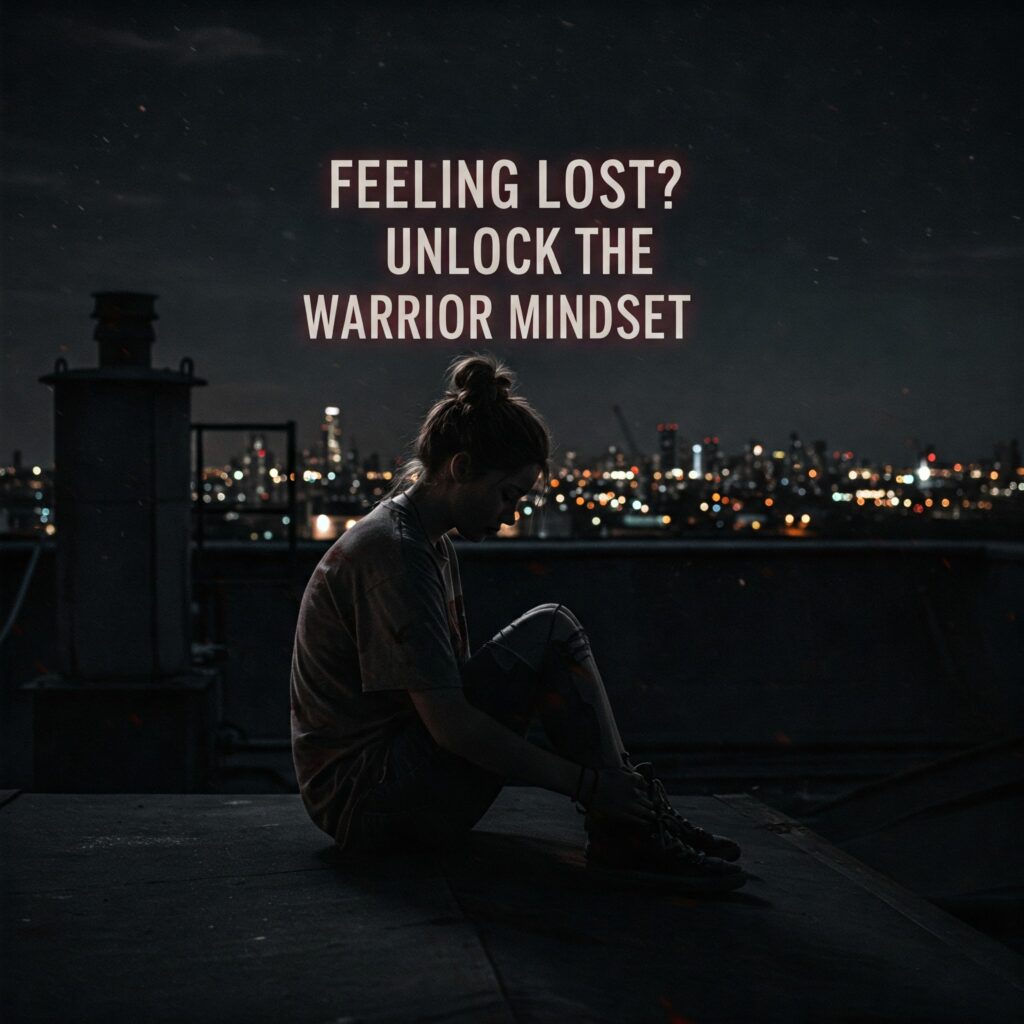In today’s fast-paced world, it’s easy to feel overwhelmed, unmotivated, or mentally stuck. Many people struggle with maintaining focus, resilience, and clarity under pressure. Whether you’re facing personal stress, career blocks, or fitness burnout—building a warrior mindset can transform the way you respond to life’s challenges.
The warrior mindset isn’t about aggression. It’s about clarity, focus, and unwavering discipline. It’s the mental armor that elite athletes, successful entrepreneurs, and military professionals rely on to thrive in chaos. In this guide, we’ll break down the most pressing questions related to the warrior mindset, based on what users frequently search—and offer clear, simple, and effective solutions inspired by top resources like Forbes and CEO Mindset Motivation.

1. How can I develop a warrior mindset to overcome personal challenges?
A warrior mindset begins with self-awareness. According to Forbes Coaches Council, the first step is identifying your limiting beliefs. These are the silent thoughts that tell you “I’m not good enough” or “I can’t do this.”
Solution: Replace those beliefs with empowering ones. Write them down. When faced with a challenge, ask: “What would someone with a warrior mindset do?” You’ll start to reframe fear into focus.
Use visualization techniques like imagining yourself succeeding in stressful scenarios. Navy SEALs often use this method to stay composed under pressure.

2. What daily habits can help me cultivate a warrior mindset?
Habits shape your mindset. Small, consistent actions build resilience. Based on insights from Mind My Mindset, key habits include:
- Daily Cold Exposure or Exercise: Pushes your comfort zone.
- Journaling: Reflects your growth and identifies patterns.
- Meditation: Improves focus and emotional control.
- Goal Setting: Keeps your mind purpose-driven.
Solution: Start with 10 minutes of mindfulness in the morning and a cold shower. Track progress weekly. Over time, you’ll rewire your brain for discipline.
3. How does the warrior mindset apply to professional growth and leadership?
In business, the warrior mindset fuels decision-making, persistence, and vision. According to MindValley, leaders with this mindset stay calm in uncertainty and influence others through clarity and conviction.
Solution: Adopt “mission-first” thinking. Treat each professional goal like a mission—break it into tasks, plan contingencies, and execute with discipline.
Setbacks are inevitable. A warrior-leader doesn’t panic—they adapt. This mindset makes you stand out in meetings, negotiations, and moments of crisis.
4. Can adopting a warrior mindset improve my physical fitness and training?
Absolutely. Most people fail in fitness not because their body is weak, but because their mind gives up first. The warrior mindset helps you push through fatigue, discomfort, and plateaus.
Solution: Apply the “40% Rule” popularized by Navy SEAL David Goggins: When you feel done, you’re only at 40% of your capacity. Push past that.
Build your mental muscle by embracing discomfort in training—whether that’s running an extra mile or adding a few more reps. Track your effort, not just outcomes.
Resource: The Warrior Mindset Book
5. What are the psychological benefits of embracing a warrior mindset?
The psychological benefits are vast—greater resilience, reduced anxiety, and a sense of purpose. You become less reactive and more proactive.
According to CEO Mindset Motivation, warriors don’t run from fear—they face it and grow. This leads to:
- Higher emotional control
- Improved stress management
- Stronger identity and self-respect
Solution: Track your stressors and responses. Train your mind to stay neutral in chaos. Use affirmations and breathing techniques to regulate your state.
Final Thoughts
Developing a warrior mindset is not a one-time event—it’s a lifelong journey. Start small, be consistent, and track your growth. The benefits—mental strength, leadership, emotional control, and physical endurance—are transformative.
Whether you’re navigating relationships, chasing goals, or battling inner doubt, the warrior mindset equips you with the tools to rise.
Check this out if you wanna learn How to Speak Confidently and Clearly: A Practical Guide to Master Your Voice
FAQs
Q1. What does it really mean to have a warrior mindset?
A warrior mindset means approaching life with mental discipline, clarity, and courage. You focus on solutions, not problems, and stay composed under pressure.
Q2. Is the warrior mindset only for military or athletes?
No. While it’s often associated with elite performers, anyone—students, parents, business owners—can adopt this mindset to thrive in everyday life.
Q3. How long does it take to build a warrior mindset?
It depends on consistency. With daily practices like journaling, fitness, and mindfulness, many notice a shift within weeks.
Q4. Can the warrior mindset help with anxiety and depression?
Yes. It strengthens mental discipline and reduces reactivity, helping manage emotions. However, it should be combined with professional support if needed.



